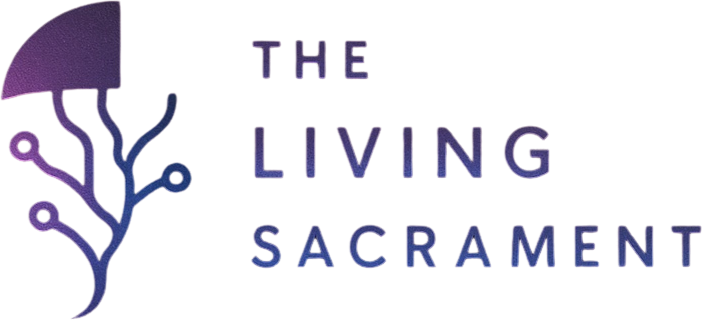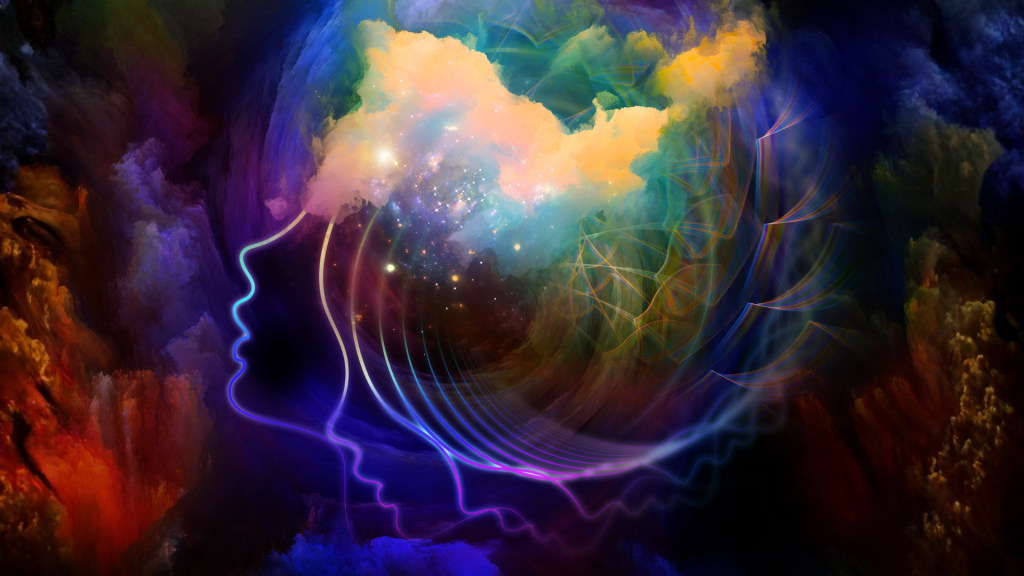If you’ve ever wondered how long psilocybin, the active compound in magic mushrooms, stays active in your body, you’re not alone. The truth is, the experience can stretch from a few short hours to nearly half a day, depending on several factors. Researchers have studied psilocybin’s duration closely, from its chemical transformation in the body to how long its effects can be felt in the mind.
The Quick Version: Psilocybin’s Typical Duration
Most people feel the effects of psilocybin between 4 to 6 hours after ingesting it. The full journey, including onset and comedown, often lasts 6 to 8 hours total. But that’s not the whole story. The active metabolite, psilocin, lingers in your system a bit longer than the visible effects suggest. Even after you feel “back to normal,” your brain chemistry may still be gently recalibrating.
From Ingestion to Onset
Psilocybin itself isn’t active in the brain. Once you consume it, enzymes in your body quickly convert it into psilocin, which interacts with serotonin receptors. According to Brown et al. (2017), psilocin levels begin to rise in the blood within 20 to 40 minutes after ingestion. Most people start to notice changes in perception, mood, and sensory detail right around that time.
On an empty stomach, the onset can hit faster, sometimes as early as 15 minutes, while a full stomach may delay the experience by an hour or more. Tea preparations also act faster than eating dried mushrooms since the psilocybin dissolves more readily.
The Peak Experience
Around 60 to 90 minutes after consumption, psilocin levels reach their highest concentration in the bloodstream. This is when visuals, time distortion, and deep emotional insights often occur. In the clinical study by Hasler et al. (2023), participants showed peak psilocin levels roughly 80 to 105 minutes post-dose, aligning with the period of strongest subjective effects.
The peak phase usually lasts two to three hours. During this time, activity in the brain’s default mode network (DMN) decreases, allowing new connections between brain regions that normally don’t communicate much. Some describe this as a “reset” or “mental reboot.” While these sensations fade as psilocin levels drop, the afterglow can remain for hours, or even days.
Coming Down: The Gradual Fade
After the 4–6-hour mark, the effects start to taper off. Emotions settle, visuals soften, and thought patterns stabilize. However, small traces of psilocin can still be found in the bloodstream up to six hours after ingestion, according to pharmacokinetic data from multiple clinical trials (Brown et al., 2017; Hasler et al., 2023). By 24 hours, psilocin is typically fully eliminated through urine and bile.
Some people report feeling emotionally sensitive or contemplative even after the trip ends. That’s likely due to subtle neurochemical changes rather than active psilocin. Interestingly, fMRI studies show that brain connectivity can remain altered for a day or more, even though the compound itself has cleared from the system.
Why Duration Varies
The length and intensity of psilocybin’s effects depend on a few key factors:
- Dose: Higher doses extend the duration. A mild 5–10 mg dose may last around four hours, while a 25–30 mg session can stretch beyond eight.
- Metabolism: People with faster liver enzyme activity, particularly in UGT1A9 and UGT1A10, break down psilocin more quickly (Hasler et al., 2023).
- Stomach contents: Food delays absorption.
- Form of ingestion: Mushroom tea and lemon juice extractions (“lemon tek”) can shorten onset and slightly shorten the total trip.
- Mindset and environment: Although they don’t affect metabolism directly, they can strongly influence how long the experience feels.
I’ve noticed that time perception can vary wildly. What feels like hours might only be minutes, and sometimes, a six-hour trip feels like a lifetime.
Extended Effects Beyond the Trip
Even though psilocin leaves the body relatively fast, its influence can last much longer on a psychological level. Participants in clinical studies often report improved mood, less anxiety, and greater emotional clarity for weeks after the session (Brown et al., 2017). Researchers suggest this may relate to temporary increases in neuroplasticity, allowing the brain to form new connections.
So, while the measurable effects fade in a few hours, the impact on the mind can linger much longer.
Direct Answer: How Long Does Psilocybin Work?
In most healthy adults, psilocybin begins working within 30 to 60 minutes, peaks at about 1.5 hours, and lasts 4 to 6 hours on average. Some effects may persist up to 8 hours, especially at higher doses. Psilocin, its active form, remains detectable in the body for up to six hours and is fully cleared within a day.
In short: psilocybin’s journey through the body is brief, but the journey through the mind can feel timeless.
Final Thoughts
Understanding how long psilocybin works helps set realistic expectations and promotes safe, intentional use. Scientific studies show that while its pharmacological footprint is short, its emotional and cognitive effects can echo far beyond the session itself. Whether studied in a lab or reflected on after a personal experience, psilocybin continues to reveal just how flexible and mysterious the human brain can be.
Sources
- Brown, R. T. 2017 – Pharmacokinetics of Escalating Doses of Oral Psilocybin in Healthy Adults, Clinical Pharmacokinetics.
- Hasler, F. et al. 2023 – Pharmacokinetics and Pharmacodynamics of Oral Psilocybin Administration, Clinical and Translational Science.

